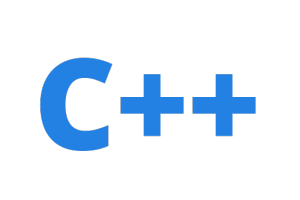Category: assembly language
I have a compiled .o file, and how to modify a string constant in it? for example, change “hello” to “HELLO”. Let’s take a look at this simple C …
To view the bytecode of a compiled executable, you can follow these steps: Compile the C source code to generate an executable file with debugging information using the -g …
Given a 32-bit DWORD, and two threads A and B, do they require Mutex (exclusive resources) to read/write the High/Low DWORD respectively? e.g. Thread A reads two low bytes …
March 30, 2014
16 bit, 6502, 8 bit, assembly language, code, code library, compiler, console, debug, famicom, hardware, implementation, interpreter / compiler, Nintendo Entertainment System, programming languages
On 16-bit MSDOS, you can use debug.exe (16-bit debugger) to write tiny (or small) .COM binary programs. There is no compilation process, you write the assembly code and the …
March 29, 2014
16 bit, 6502, 8 bit, assembly language, code, code library, compiler, console, famicom, implementation, Nintendo Entertainment System, programming languages
In 16-bit MSDOS, you can create small executable files that end the filename with ‘.COM’. The .COM is small and less than 64 KB in total file size. There …


